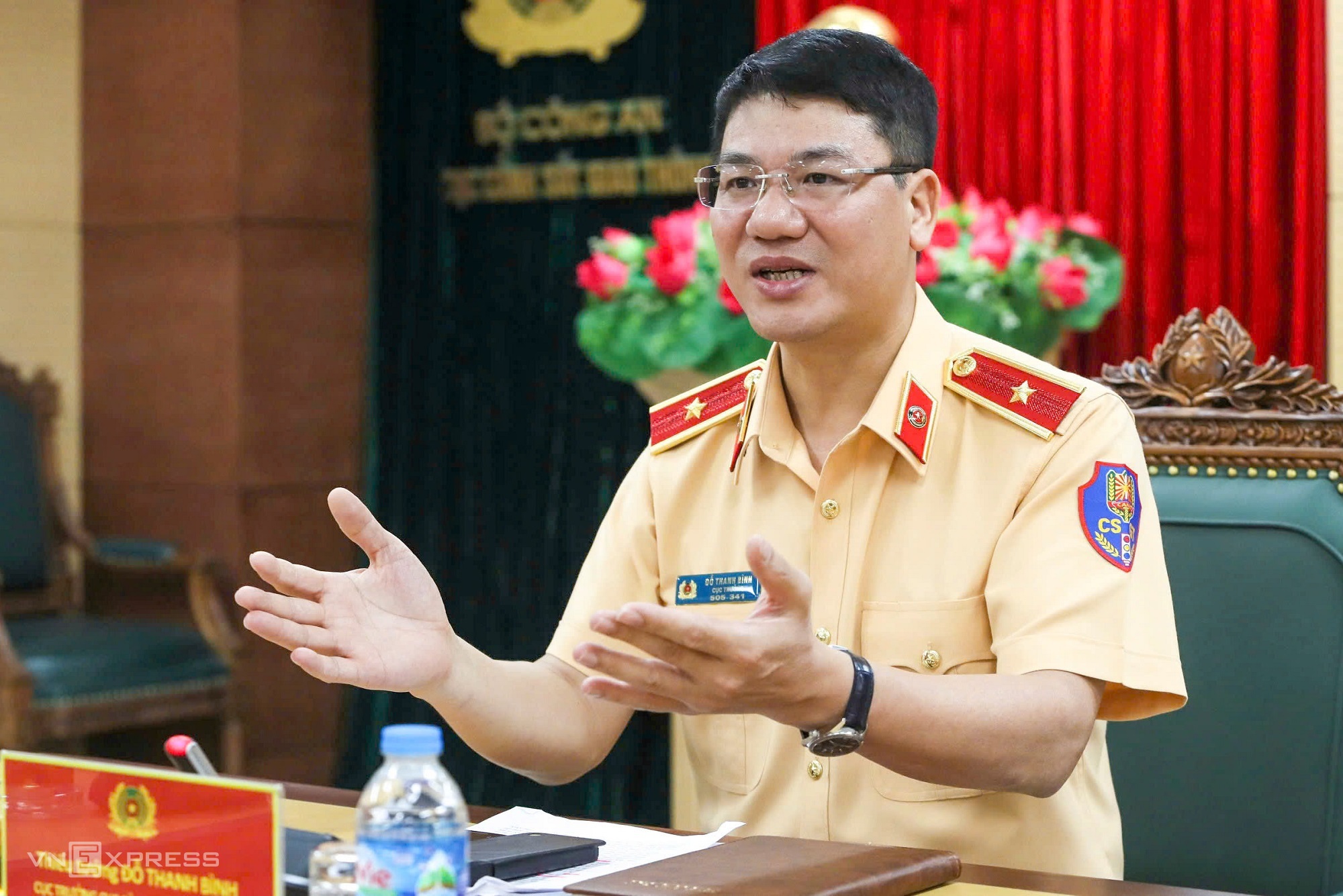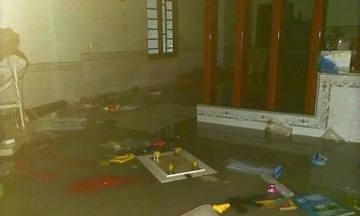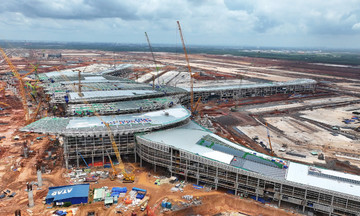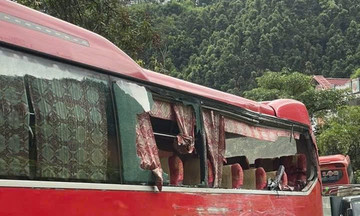On 10/7, Major General Do Thanh Binh, Director of the Traffic Police Department, stated that this will initially apply to violations recorded by surveillance systems directly managed by the Department.
To implement this, the Department will establish a dedicated team to detect violations through these systems, look up owner information in the vehicle registration database, and send notifications via channels like the VNeID app, specialized software, or local police.
The Traffic Police Department will also operate a 24/7 data center. "The center will operate like a hospital's emergency room, working in three continuous shifts, ensuring all violations are detected and reported to citizens as soon as possible," Major General Binh said.
According to Binh, prompt notifications will enable people to address violations proactively, avoiding later detection during vehicle inspections or other administrative procedures. This also requires vehicle owners to complete transfer procedures when buying or selling vehicles to avoid liability for violations.
 |
Major General Do Thanh Binh discusses future directions for the traffic police. Photo: Viet An |
Major General Do Thanh Binh discusses future directions for the traffic police. Photo: Viet An
The Traffic Police Department is also developing a roadmap for applying technology to comprehensively manage traffic. Violations detectable by the system will be monitored 24/7, rather than relying solely on officers. "Our goal isn't punishment, but to help people comply with regulations and protect themselves on the road," Major General Binh emphasized.
For offenses requiring direct inspection, such as alcohol levels, police presence remains necessary. However, technologically detectable violations will be gradually automated, moving toward paperless processing without requiring physical driver's licenses or ID cards. All information will be cross-referenced within the database, using citizen identification as the primary information source.
The Department's objective is to "address the right person for the right violation, with clear electronic evidence, minimizing disputes and reducing administrative procedures". Currently, violators must sign at least 11 documents for a penalty decision; this process will be streamlined, moving towards fully electronic penalties.
The Traffic Police Department is also researching issuing electronic driver's licenses without fees. Within hours of passing the test, successful applicants could receive an electronic license instead of waiting for a physical card.
"Traffic police must change their mindset, focusing on serving the people and addressing root causes instead of surface issues. The principle is that people understand and comply with the law, while the police support and guide them," said General Binh.
Viet An












